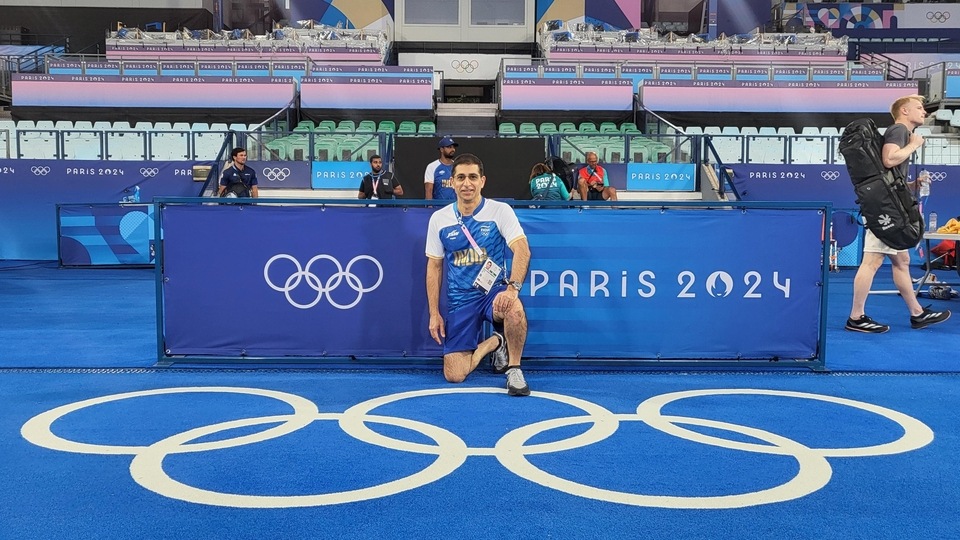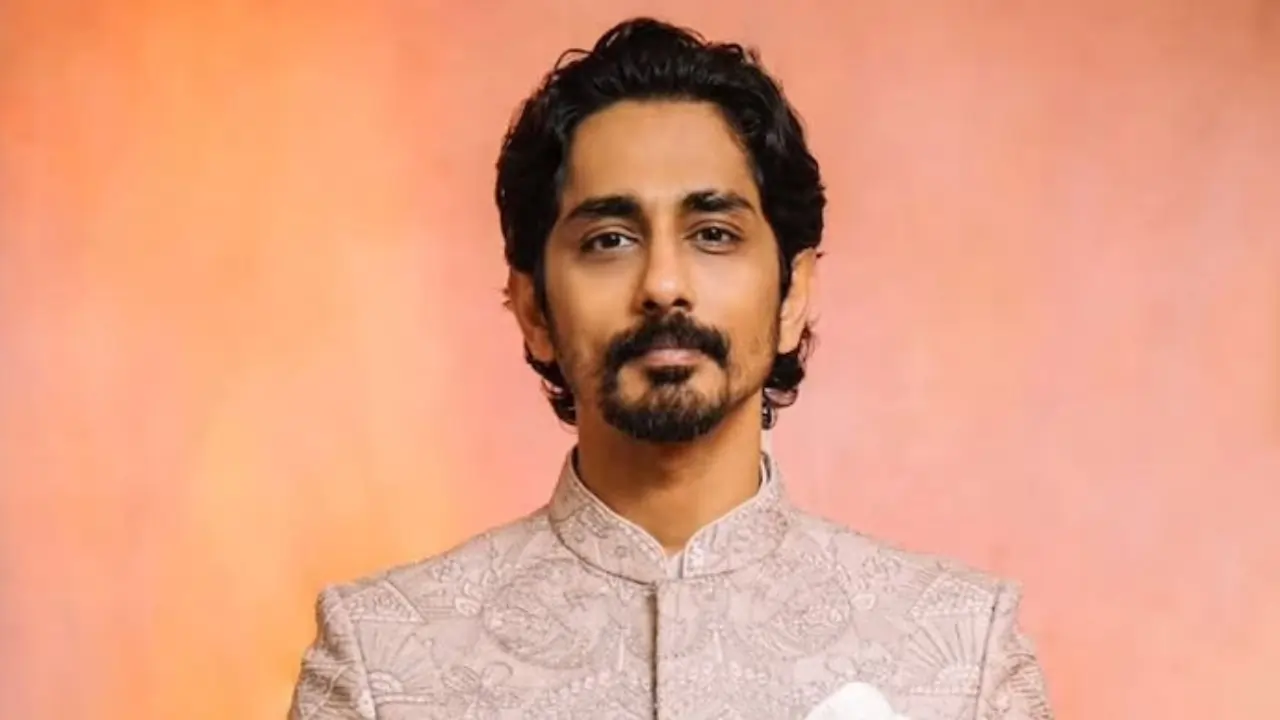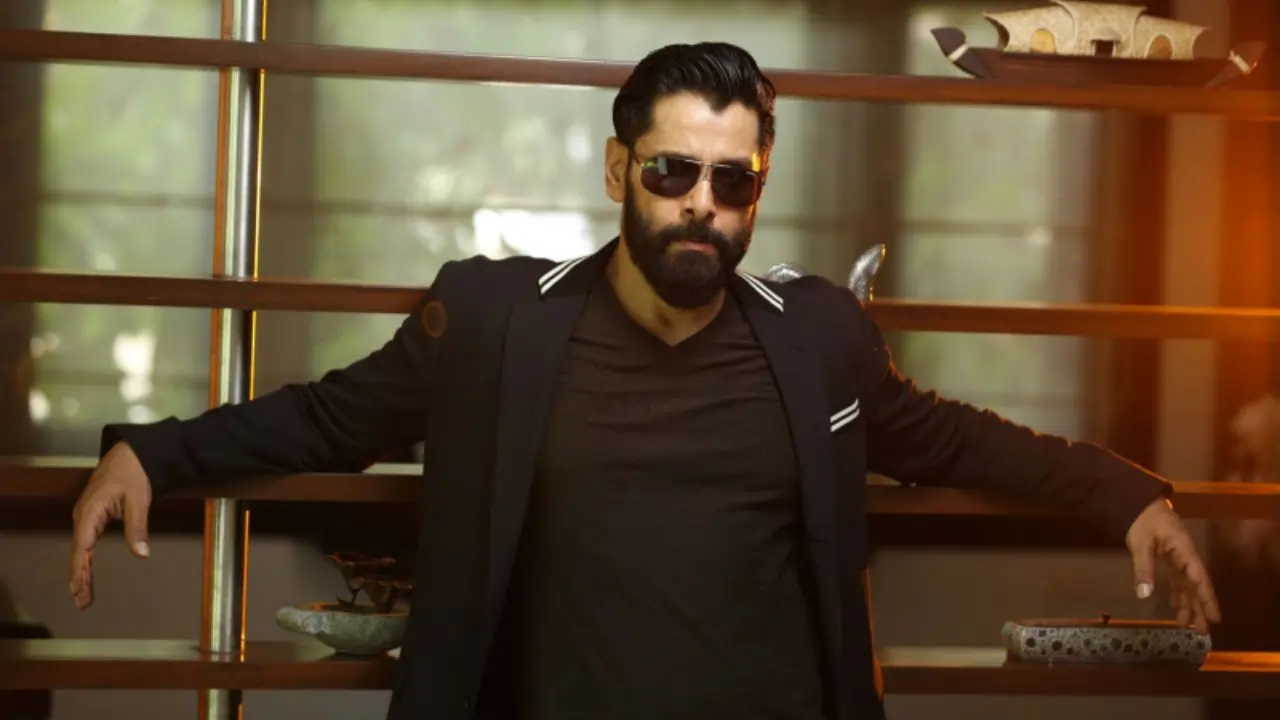
From clinic to courtside, meet India's Olympics doctor Dinshaw Pardiwala who treated Rishabh Pant and Neeraj Chopra
8 months ago | 79 Views
India, July 29 -- India had just won its first bronze medal in the morning and Sunday evening in Paris looked a little relaxed as not too many Indian athletes were going to be in action. Yet, instead of settling down for dinner at the Olympic Village, the Indian contingent's chief medical officer Dr. Dinshaw Pardiwala found himself jumping onto an official Olympic shuttle bus to make the 16km journey across the City of Lights to the red clay courts of Roland Garros where Rohan Bopanna and N Balaji were playing a late first round game. The match ended close to midnight, he attended to the two tennis Olympians for 30 minutes and at 12:30am he turned to his final task for the day, talking to me, before calling it a day.After almost a 100 years of participating in the Olympics, the Indian Olympic Association (IOA) appointed its first-ever chief medical officer for its Olympics contingent this year. Dr. Pardiwala was an easy choice for the job. As the head of the Centre for Sports Medicine at the Kokilaben Dhirubhai Ambani Hospital in Mumbai, he is among the best in India and has helped some of the biggest names in world cricket (T20 World Cup winners Rishabh Pant, Jasprit Bhumrah, Ravindra Jadeja) and Olympic sports (Olympic medal winners Neeraj Chopra, Vinesh Phogat, PV Sindhu) to overcome injuries and return to match fitness.
In previous Olympics, doctors and physiotherapists used to accompany individual athletes or teams, but "this year the IOA was keen to enhance medical support services for athletes and include a central medical team that would oversee all aspects of recovery and rehabilitation, mental conditioning, sports nutrition, and sleep optimisation," said Dr. Pardiwala explaining the IOA's move to appoint a dedicated central medical team for India's 117-strong contingent.Athletes work in a high-pressure at such cut-throat and high profile competitions and they tend to pick up injuries and niggles, which the medical team tends to. "Athletes require medical care in all sorts of ways. Injury management is the most important. If somebody lands up with a injury, whether minor, major or serious, we need to assess and manage those injuries and make sure that if the player can carry on with it, they can get onto the next round and get on with it," says Dr. Pardiwala.There are many traumatic (impact) injuries in sports such as hockey, wrestling and boxing. If these are managed well, the athlete doesn't lose out and can actually continue playing after patching up that injury.An athlete's sports nutrition, mental conditioning, medical management and recovery must be taken care of. As the chief medical officer Dr. Pardiwala also has to oversee all the sports medicine and sports science aspects of every athlete during the Olympics. "We have specialists who take care of each of these aspects. We have physiotherapists who will take care of the recovery process. We had anticipated some challenges as far as sleep and heat were concerned, so we also have a sleep therapist on our team," he said.Team India also has a dedicated recovery room within the Olympic Village, where they have installed two ice baths, sleep pods, cryotherpahy and other sports recovery and treatment equipment, including ultrasound. They also have sports massage therapists for male and female athletes.Dr Pardiwala and his team have been busy even before the Olympics action started. The medical team swings into action before most athletes do as early as 6:30am and work well past midnight when most are getting their much-needed sleep. Despite the high demand from almost the entire squad, things have been running smoothly, said Dr. Pardiwala. This is mainly because beyond IOA's 13-member team, there are 15 more physios and strength and conditioning coaches who work with individual athletes and teams helping out the core team. All of them coordinate with Dr. Pardiwala and his team. It helps that the sporting and sports medicine community is small and tight knit."We all - athletes, sports medicine and sports science experts and physios - have known, interacted and worked with each other for a long time. There is trust and familiarity on both sides and that makes our work easier," said Dr. Pardiwala, who is also the director of arthroscopy, sports orthopaedics and shoulder service at Kokilaben Dhirubhai Ambani Hospital.
Read Also:
#




















